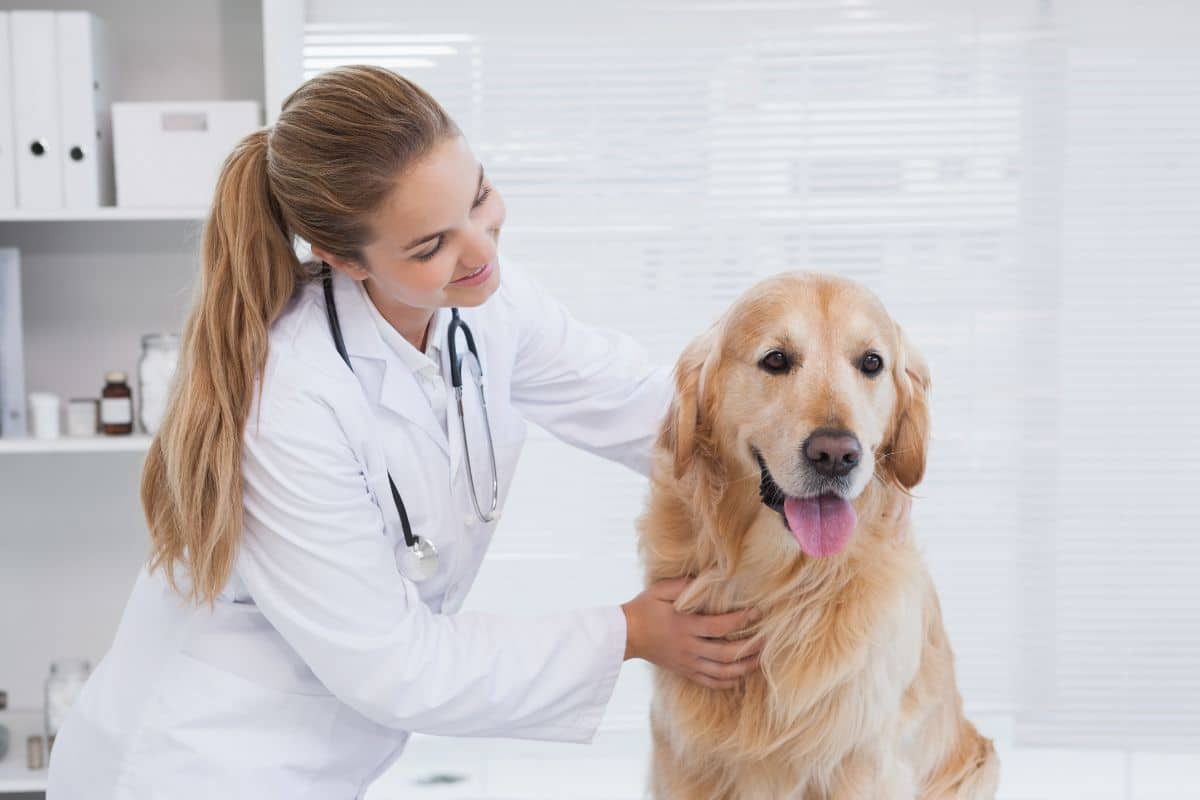Calpol is a medication that many people use to help relieve pain, fever, and other minor ailments. But can you give it to your canine companion?
The simple answer is no: while Calpol can be a safe and effective treatment for humans, it is not safe for dogs.
What Is Calpol?
Calpol is a medication designed to help reduce fever, pain, and inflammation in humans. It contains the active ingredient paracetamol, which is an over-the-counter analgesic (pain reliever) and antipyretic (fever reducer).
Is Calpol Safe For Dogs?
No, Calpol is not safe for dogs. While it may be an effective treatment for humans, paracetamol can be toxic to animals, particularly when given in large doses or over a long period of time. When ingested by a dog, it can cause liver damage, breathing difficulties, and even death.
Calpol contains a combination of paracetamol and pseudoephedrine, two ingredients that can be toxic to dogs.
Paracetamol has been known to cause liver failure and even death in some canine cases, so it is best to avoid giving your dog any medication containing this ingredient. Pseudoephedrine can cause serious side effects including seizures, tremors, and even death in severe cases.
What Should I Do Instead?
If your dog is in pain or has a fever, it is best to consult your veterinarian.
They will be able to recommend the best treatment plan for your pup. It’s also important to remember that human medications should never be given to dogs without consulting a vet first, as they have the potential to be toxic, even in small doses.
How Do I Know If My Dog Is In Pain?

There are a few signs that your dog may exhibit if they are suffering or in pain, and these may include:
Panting
Dogs pant more than usual when they are in pain. This can be a sign that something is wrong, so it’s best to pay attention if your pup starts panting more than normal.
Limping
If your dog is limping or favoring one side of their body, this could indicate an injury or a medical condition that needs attention.
Excessive Licking
Excessive licking or biting of the body, especially near a joint, can be a sign of pain. If your pup is licking or biting its paws or other areas of their body more than normal, it’s best to take them to the vet for a checkup.
Changes In Appetite
Painful conditions can affect a dog’s appetite. If your pup is not eating as much as they usually do, it could be an indication that something is wrong.
Can Dogs Have Any Human Painkillers?
No, giving your dog human painkillers such as ibuprofen or aspirin is not recommended.
These medications can cause serious and potentially fatal side effects in dogs, including stomach ulcers and kidney failure. Even if the dosage is very small, these medications can still be dangerous for your pup.
What Are The Best Pain Relief Options For Dogs?
The best pain relief option for your dog will depend on the severity of their condition.
In mild cases, you may be able to provide comfort and help manage the pain with over-the-counter medications such as glucosamine, chondroitin, or omega fatty acids.
Your vet may also recommend prescription medications such as NSAIDs or opioids if your pup’s condition is more serious, as these can help to reduce inflammation and pain.
There may be situations where your dog’s pain can be managed without medication, and this can include:
Applying Heat
If your pooch is suffering from arthritis or joint pain, applying a heating pad or warm compress can help to reduce the inflammation and provide some relief.
Massage Therapy
If your dog is suffering from muscle pain, massage therapy can help to increase circulation and reduce tension in their muscles. This can provide some much-needed relief for your pup.
Physical Therapy
Physical therapy can also be beneficial for dogs who are in pain. Exercises such as walking, swimming, and stretching can help to reduce inflammation and improve their range of motion.
What Should I Do If My Dog Has Accidentally Eaten Human Painkillers?

If your dog has accidentally eaten any human painkillers, it is important to take them to the vet immediately. Depending on the type and amount of medication ingested, they may require emergency medical treatment.
Your vet can give your dog the appropriate medication to help counteract any effects of the painkiller and make sure they are safe. In some cases, they may also need to be hospitalized to allow the vet to monitor their condition.
Final Thoughts
It is important to remember that human medications should never be given to dogs without consulting a vet first. If your dog is in pain, there are some over-the-counter medications and therapies that can help provide relief.
In more serious cases, prescription medications may be necessary. If you think your pup has accidentally eaten any human painkillers, it is important to take them to the vet immediately for medical attention.





